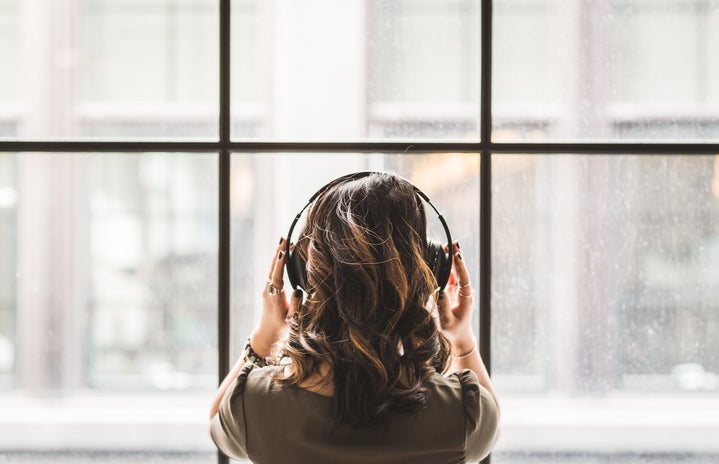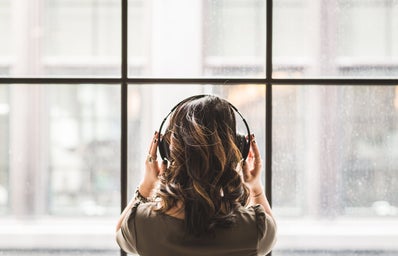Musicians have a diverse range of skill sets. In order to play their music, they need to incorporate multiple parts of their brains simultaneously. They have to read the sheet music, translate that into what keys to play with their fingers on their instrument and then understand how those notes will sound once they are played— all in a matter of seconds!
This is a very complicated process, and leads one to wonder: Do musicians have different brains than the average person? Do these special brains allow them to multitask more easily and think more creatively?
Brain imaging studies have been conducted over the past two decades, and the results have revealed that musical training actually increases the areas of gray matter, which contain many nerve cells, in the auditory, motor and visual areas of the brain. This allows musicians to have better communication between the two hemispheres of the brains, as well as giving them better musical and verbal memories.
According to Psychology Today, a study was conducted recently that tested out these theories. In this experiment, 20 college students were studied; 10 participants were musicians (for at least eight years) and 10 were non-musicians. The students were asked to remember a set of words whilst they were read other lists of words. At the end of the experiment, they were asked to differentiate which words were from the original list and which were new.
In the group of musicians (but not in the non-musician group), the students used their visual cortex to help them recall the list of words, even though the experiment was not a visual task. What does this mean for the brains of musicians? It is quite possible that because of their training, musicians are able to use the visual parts of their brain to help aid them with tasks involving their verbal memory. This astonishing feat is thought to aid in boosting productivity and creativity.
Junior Morgan Temple agrees that taking the time to learn and practice music can help musicians develop a more creative brain. She suggests that music may not only enhance creativity, but it may also enhance academic tasks as well. She said, “I noticed that many kids who participated in any art or music in our school were mostly in honors or AP classes. Our school met the needs of a person, the need to be both creative and academic.”
Junior Leanne Miller said, “After playing the piano for 15 years, playing guitar for six years and singing my whole life, I believe I can say with some degree of confidence that I may be more creative than some of my peers.” She believes that music can serve as an emotional outlet, which can in turn, produce creative effects. “When I’m stressed or overwhelmed, or even when I’m filled with happiness and joy, I turn to music to express my feelings. Sometimes my emotional experiences inspire me to write songs; other times, I just like to sit down at my piano bench and play my favorite classical piece.”
There is still much more research to be done about the connection between musicians, creativity and specific brain functions. However, the research that has already been conducted suggests that the connection between these three factors is fairly strong.

